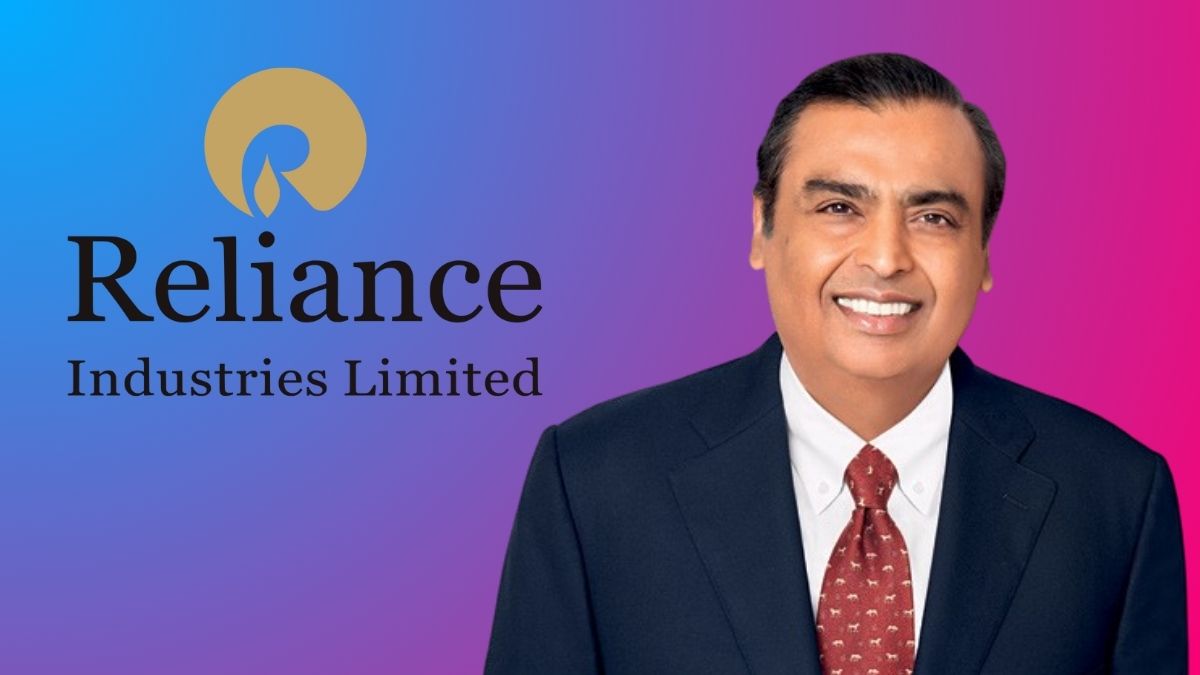

The annual general meetings of Reliance Industries have always been something to watch out for, and over the years have evolved into a platform where the conglomerate makes big announcements, whether it was the entry into telecom with Jio, its partnerships with Google and Microsoft or unveiling its new energy transformation.
The Mukesh Ambani-led company’s 48th AGM was all about technology and artificial intelligence (AI). The world is rapidly evolving with new technologies from AI to robotics and Reliance wouldn’t want to be left behind.
Making its ambitions towards a deep-tech enterprise clear, Reliance announced a wholly-owned subsidiary, Reliance Intelligence, and partnerships with Google and Meta to drive its AI push.
“Reliance Intelligence will build giga-watt scale, AI-ready data centres, powered by green energy and engineered for training and inference at national scale,” said Ambani.
This technology push should compliment its digital business under Jio, which already has crossed 500 million subscribers, and the new energy business, which will encompass green hydrogen and solar energy.
“Work has already begun on the gigawatt-scale, AI-ready data centres in Jamnagar. These facilities will be delivered in phases aligned to India’s growing needs, powered by Reliance’s new energy ecosystem,” said Ambani.
Reliance Intelligence aims to bring the world’s best tech companies and open source communities together with RIL’s deep domain expertise and execution strength, to deliver performance leadership, resilient supply and India-first compliance for AI, he further stated.
The company aims to deliver at scale and affordable AI services for consumers, small businesses, and enterprises, and solutions for sectors like agriculture, healthcare and education. Reliance Intelligence also intends to be a home for researchers, designers, engineers and product builders.
Reliance Jio and Google already have an existing partnership. The search giant had invested in Jio Platforms and the two had also joined hands to build an Android-based OS for its JioPhones back in 2021.
The two are now deepening their partnership, which will bring AI and compute from Google, powered by clean energy from Reliance and connected by Jio’s network.
“Google and Reliance are partnering to help all of Reliance’s businesses transform, using AI – from energy and retail to telecom and financial services. To support this AI adoption, together we are establishing a Jamnagar cloud region, built for and dedicated to Reliance,” said Sundar Pichai, the CEO of Google and Alphabet.
As Reliance’s largest public cloud partner, Google Cloud is already powering the company’s mission-critical workloads and also innovating with it on advanced AI initiatives.
Separately, RIL also announced an India-focused AI joint venture with Facebook’s parent Meta, which had also invested in Jio Platforms back in 2020.
“We are forming a dedicated joint venture with Meta to combine open models and tools with our execution in energy, retail, telecom, media and manufacturing, and to deliver sovereign, enterprise-ready AI for India,” said Ambani.
Mark Zuckerberg, the founder and CEO of Meta, says AI has the potential to bring a new era of personal empowerment to people, and the partnership with Reliance is a key step forward towards ensuring that everyone has access to AI.
“Meta and Reliance are going to deliver our open-source AI models to Indian businesses to help them fuel their work. With Lama, we have seen how AI can amplify human potential, boosting productivity, inspiring creativity and accelerating innovation. And now, with Reliance’s reach and scale, we can bring this to every corner of India,” said Zuckerberg.
RIL is also investing to make India a leader in human-centric robotics powered by AI, said Ambani.
He sees this AI opportunity as big as its digital services push through Jio over the past decade.
“A decade ago, digital services became a new growth engine for Reliance. Now, the opportunity before us with AI is just as large, if not larger,” said Ambani.
Meanwhile, work on the Dhirubhai Ambani Giga Energy Complex is progressing rapidly at Jamnagar and with 44 million square feet of building area, it will be four times the size of Tesla gigafactory, according to Anant Ambani, the executive director of RIL. Its solar PV manufacturing platform is already operational, and the company has successfully produced its first 200 MW of HJT modules. In the coming quarters, the company aims to scale up to 10 GWp per annum of fully integrated annual solar manufacturing capacity and then further to 20 GWp, informed Anant.
Its battery giga factory is expected to start in 2026, beginning with 40 GWh per year capacity and expanding modularly to 100 GWh per year. The electrolyser giga factory is also slated to be operational by the end of 2026, with the ability to scale up to 3 GW per year.
In the Kutch region of Gujarat, the company is developing one of the world’s largest single-site solar projects spanning 5.50 lakh acres of arid land. At peak, it will deploy 55 MW of solar modules and 150MWh of battery containers every day, said Anant.
Reliance is also building 55 compressed biogas (CBG) plants with an annual capacity of 0.5 million tonnes. Its target is to scale up to over 500 CBG plants by 2030, according to Anant.
“Our new energy business will be a major driver of growth for many decades, with the potential to become as big as our oil-to-chemicals business within the next 5-7 years. In scale, ambition and impact, it will surpass everything Reliance has done so far,” said Mukesh Ambani.
While RIL steps up its new energy play, it is also continuing to make massive investments in its oil-to-chemicals business. It is investing 7₹5,000 crore in new projects, which include a 1.2 million tonne PVC (polyvinyl chloride) plant in Nagothane, Maharashtra, 1 million tonne specialty polyester facility in Palghar, Maharashtra, and 3 million tonne PTA (purified terephthalic acid) facility in Dahej, Gujarat.
For clarifications/queries, please contact Public Talk of India at:
+91-98119 03979 publictalkofindia@gmail.com

For clarifications/queries,
please contact Public Talk of India at:

